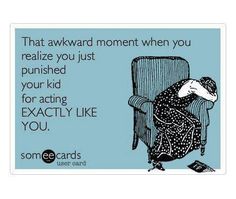Did my title grab your attention? If you are anything like me, your life is being constantly interrupted by worry and over exhaustion of the mind. I remember asking my friend one evening if I had always been an uptight person, and she replied truthfully that I most certainly had not. She said she noticed the change in me about a year ago. Now I personally don’t know when I made the switch from my care-free crazy personality into this anxious person who worries about everything. Maybe it’s when I grew up, and realized how intense and big the world actually is. All I know is that since I entered into this life style I have been realizing how huge of a problem it is. I am not the only one who is living like this. It sucks- I feel like I’m wasting my time and life. So let’s talk about it.
After doing more research into this subject I realized there is a difference between being stressed and having anxiety, and that I might just be stressed out. A clear way to think about it according to Health Status is that there is a stressor that triggers us to be stressed, and when that stressor has gone away but we still stay stressed, that’s when we can label it as anxiety. Anxiety is more orientated around the feeling of FEAR, or being constantly worried. This constant apprehension sometimes does not even have a source, which only adds to the anxiety (health status.com).
Many of us have heard of the “fight or flight” response that has been aiding us in survival for years. Knowing how this response works can help us better understand what is happening to our bodies when we are constantly stressed with no stressors, or in others words anxious. Our adrenal glands release adrenaline and the hormone cortisol, which is what speeds up our breathing, heart rate, and blood sugar (YourAmazingBrain.com). This response has helped us tremendously in surviving- but only when it’s short-term. If this response is activated in the long-term then it can have detrimental affects.
So if you are stressed or think you have anxiety, how do you fix all of this? The good thing is that there are ways to cope. Stress in short-term can keep us alert and serves a function that helps us deal with life’s stressors. In other words stress has a mechanism and that is to help us survive by kicking in the fight or flight response. We know stress’s mechanism because we know why it works and how it works: we have a good understanding of it.
I hope you are not too sad because I haven’t provided any solutions for getting rid of you stress or in a more serious case, anxiety. I think I will save that research and information for another blog- if someone hasn’t already covered it that is! Best regards.









